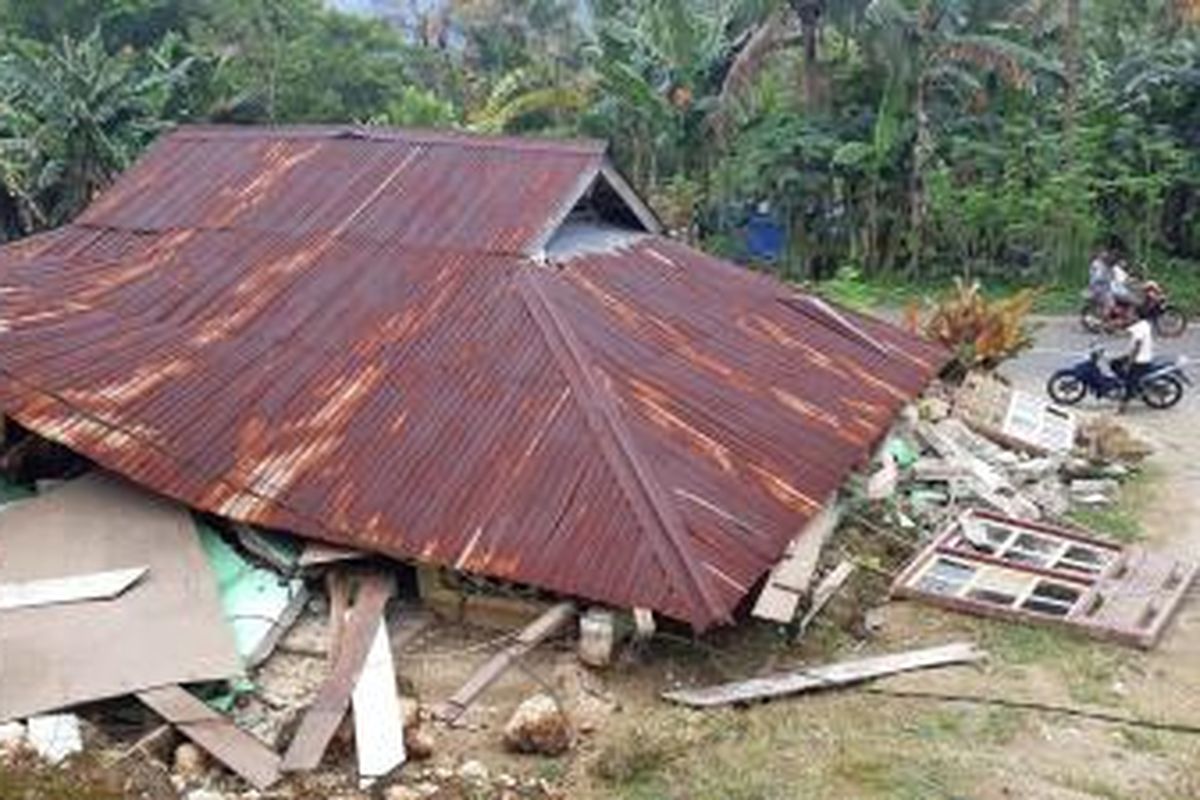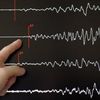Indonesia Records an Increase in Earthquake Activity This Month

KOMPAS.com - Indonesia's Meteorology, Climatology and Geophysics Agency (BMKG) said that 59 earthquakes have been recorded in the country since the beginning of this year.
BMKG deputy for Geophysics Muhammad Sadly said that the earthquake almost occurs everyday, impacting the lives of the residents in the affected areas.
On January 14, the agency recorded eight earthquakes in only a day. Indonesia is one of the quake-prone countries as it is situated on the so-called Pacific Ring of Fire.
Monitoring a seismic gap area
"Monitoring the quake-prone areas can be based on a suspected seismic gap area, namely a potential earthquake zone but without earthquake activity in a long time," said Sadly on Saturday, January 23.
Also read: Death Toll From Earthquake in West Sulawesi, Indonesia, Rises to 84
Some of the regions in the seismic gap areas with high potential for megathrust earthquakes include Mentawai Islands, West Sumatra, the Sunda Strait, South Bali, North Sulawesi, Maluku Sea, North Papua, and the Banda Sea.
Meanwhile, the seismic gap areas with active faults comprise the Lembang Fault in West Java, the Matano Fault in Central Sulawesi, the Sorong Fault in West Papua, and the Aceh Segemen Fault.
Earthquake aftershocks
It is estimated that aftershocks will last approximately three to four weeks from the first earthquake. Sadly reminded the public to remain vigilant in facing possible powerful aftershocks.
"BMKG will continue to monitor and provide the information on the earthquake. Damaged or partial damaged properties should be left vacant because if a powerful aftershock occurs, the houses could collapse," he said.
Also read: 6.2 Richter Scale Earthquake Hits Indonesia’s West Sulawesi Province
He called on the people living in hilly areas near cliffs to stay alert for possible landslides, especially during the wet season.
Meanwhile, residents living in a coastal area should immediately stay away from the beach in case of a strong earthquake that could trigger a potential tsunami.
The public is urged to remain calm but stay vigilant and follow the information and instruction issued by the BMKG, National Disaster Management Agency (BNPB) or Regional Disaster Management Agency (BPBD).
(Writer: Ellyvon Pranita | Editor: Gloria Setyvani Putri)
Simak breaking news dan berita pilihan kami langsung di ponselmu. Pilih saluran andalanmu akses berita Kompas.com WhatsApp Channel : https://www.whatsapp.com/channel/0029VaFPbedBPzjZrk13HO3D. Pastikan kamu sudah install aplikasi WhatsApp ya.
































